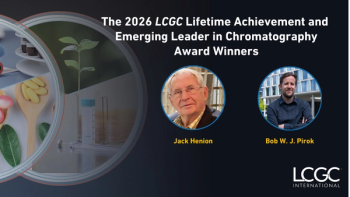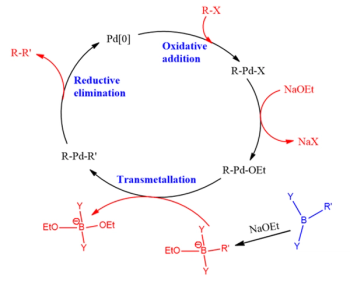
Three Win ASMS Al Yergey Mass Spectrometry Scientist Awards
The Al Yergey Mass Spectrometry Scientist Awards will be presented to three recipients this year at the American Society for Mass Spectrometry (ASMS) conference, which is being held in Minneapolis, Minnesota.
The Al Yergey Mass Spectrometry Scientist Awards will be presented to three recipients this year at the American Society for Mass Spectrometry (ASMS) conference, which is being held in Minneapolis, Minnesota. Gordon A. Anderson, Michael A. Grayson, and Martha M. Vestling will receive their awards right before the plenary lecture, on Monday, June 6, at 4:45 pm. The award recognizes dedication and significant contributions to mass spectrometry–based science by “unsung heroes.” It is named in memory of Al Yergey, a well-respected scientist who served for 45 years at the National Institutes of Health, where he was known as a dedicated mentor.
Anderson is being recognized for his significant, impactful, and sustained contributions to mass spectrometry (MS), along with his technical contributions, strength of character, and mentoring of junior scientists, all of which exemplify the spirit of the Al Yergey Award. Anderson is the chief engineer of the family-run enterprise, GAA Custom Electronics, broadly serving the MS community with a range of innovative and highly functional MS-specific electronic solutions.
Grayson is committed to preserving the history of ASMS as archivist, historian, and oral history interviewer, and as a representative to the Heritage Council of the Science History Institute. This commitment has resulted in the rich resources now available through the
Vestling has provided extensive service to the MS community with contributions to MS-based research. She has educated and trained students and users from diverse scientific backgrounds for five decades. Serving as the director of the mass spectrometry laboratory at the University of Wisconsin-Madison, she has developed a “go-to” facility for researchers on campus and many other biomedical science departments and units.
Newsletter
Join the global community of analytical scientists who trust LCGC for insights on the latest techniques, trends, and expert solutions in chromatography.




